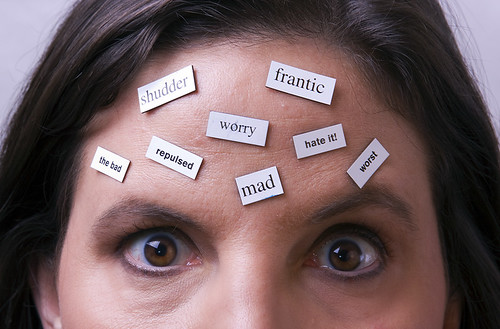 Don’t Be a Jerk – You’ll Live Longer! That’s the gist of nearly a dozen new studies, which have been compiled and published in the journal Psychological Science in the Public Interest. The research involves millions of people, who were tested and studied at different times over the past seven decades! The results are fairly unanimous: Smart people who do good deeds for others tend to live longer - and suffer fewer diseases - than bullies with lower IQs.
Don’t Be a Jerk – You’ll Live Longer! That’s the gist of nearly a dozen new studies, which have been compiled and published in the journal Psychological Science in the Public Interest. The research involves millions of people, who were tested and studied at different times over the past seven decades! The results are fairly unanimous: Smart people who do good deeds for others tend to live longer - and suffer fewer diseases - than bullies with lower IQs.- For example, one study found a strong link between lower IQs and a higher likelihood of being admitted to the hospital.
- Also, a 30-year Scottish study found a strong relationship between lower intelligence and a higher risk for heart disease and stroke.
- In a 65-year study, researchers found that grade-school students who showed signs of being conscientious – or charitable towards others - were more likely to still be alive in their 70s!
So what’s going on here? In a nutshell: Researchers say smarter people make smarter decisions, meaning they’re more likely to understand the benefits of exercising, eating a healthy diet, and the hazards of smoking. Smart people also tend to be better at using common sense to avoid accidents, and they’re less likely to be injured in fights, or to die by suicide.
The shocker in this report is the conclusion that being nice to others can influence how long you live. Because in study after study, people who were highly conscientious were less likely to develop diabetes, high blood pressure, bone problems, stroke, and Alzheimer’s! However, “mean” people who were self-absorbed were more likely to die at a young age. Why would this happen? Researchers say one explanation is that selfish people tend to be more cynical and distrustful of others, so they’re less likely to see doctors. Selfish people also tend to be overly confident, so they take more risks with their health and well-being - thinking “bad things happen to other people, not me.” Turns out, they’re dead wrong.









